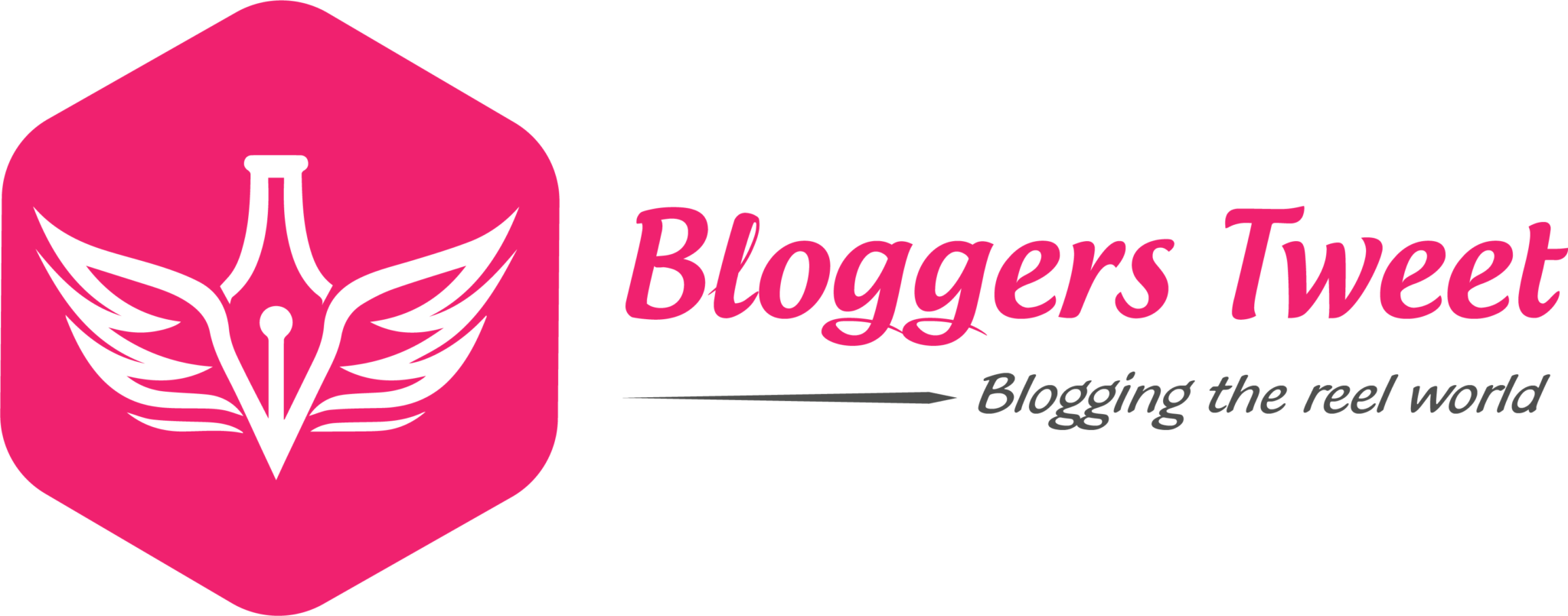Ramu ‘s life is beginning to unravel. His grades have slipped, he’s moody, he doesn’t talk to his friends, and he has stopped showing up for practice. Ramu’s friends know he has been experimenting with drugs and now they’re worried he has become addicted.
Defining an addiction is tricky, and knowing how to handle one is even harder.
What Are Substance Abuse and Addiction?
The difference between substance abuse and addiction is very slight. Substance abuse means using an illegal substance or using a legal substance in the wrong way. Addiction begins as abuse, or using a substance like marijuana or cocaine.
You can abuse a drug (or alcohol) without having an addiction. For example, just because Archana smoked pot a few times doesn’t mean that she has an addiction, but it does mean that she’s abusing a drug — and that could lead to an addiction.
People can get addicted to all sorts of substances. When we think of addiction, we usually think of alcohol or illegal drugs. But people become addicted to medicines, cigarettes, even glue.
Some substances are more addictive than others: Drugs like crack or heroin are so addictive that they might only be used once or twice before the user loses control.
Addiction means a person has no control over whether he or she uses a drug or drinks. Someone who’s addicted to cocaine has grown so used to the drug that he or she has to have it. Addiction can be physical, psychological, or both.
Physical Addiction
Being physically addicted means a person’s body becomes dependent on a particular substance (even smoking is physically addictive). It also means building tolerance to that substance, so that a person needs a larger dose than ever before to get the same effects.
Someone who is physically addicted and stops using a substance like drugs, alcohol, or cigarettes may experience withdrawal symptoms. Common symptoms of withdrawal are diarrhea, shaking, and generally feeling awful.
Psychological Addiction
Psychological addiction happens when the cravings for a drug are psychological or emotional. People who are psychologically addicted feel overcome by the desire to have a drug. They may lie or steal to get it.
A person crosses the line between abuse and addiction when he or she is no longer trying the drug to have fun or get high, but has come to depend on it. His or her whole life centers around the need for the drug. An addicted person — whether it’s a physical or psychological addiction or both — no longer feels like there is a choice in taking a substance.
Signs of Addiction
The most obvious sign of an addiction is the need to have a particular drug or substance. However, many other signs can suggest a possible addiction, such as changes in mood or weight loss or gain. These also are signs of other conditions too, though, such as depression or eating disorders.
Signs that you or someone you know may have a drug or alcohol addiction include:
Psychological signals:
- use of drugs or alcohol as a way to forget problems or to relax
- withdrawal or keeping secrets from family and friends
- loss of interest in activities that used to be important
- problems with schoolwork, such as slipping grades or absences
- changes in friendships, such as hanging out only with friends who use drugs
- spending a lot of time figuring out how to get drugs
- stealing or selling belongings to be able to afford drugs
- failed attempts to stop taking drugs or drinking
- anxiety, anger, or depression
mood swings
Physical signals:
- changes in sleeping habits
- feeling shaky or sick when trying to stop
- needing to take more of the substance to get the same effect
- changes in eating habits, including weight loss or gain
Getting Help
If you think that you or someone you care about is addicted to drugs or alcohol, recognizing the problem is the first step in getting help.
Many people think they can kick the problem on their own, but that rarely works. Find someone you trust to talk to. It may help to talk to a friend or someone your own age at first, but a supportive and understanding adult is your best option for getting help. If you can’t talk to your parents, you might want to approach a school counselor, relative, doctor, favorite teacher, or religious leader.
Unfortunately, overcoming addiction is not easy. Quitting drugs or drinking is probably going to be one of the hardest things you or your friend have ever done. It’s not a sign of weakness if you need professional help from a trained drug counselor or therapist. Most people who try to kick a drug or alcohol problem need professional assistance or a treatment program to do so.
Tips for Recovery
After you start a treatment program, try these tips to make the road to recovery less bumpy:
Tell your friends about your decision to stop using drugs. True friends will respect your decision. This might mean that you need to find a new group of friends who will be 100% supportive. Unless everyone decides to kick their drug habit at once, you probably won’t be able to hang out with the friends you did drugs with.
Ask your friends or family to be available when you need them. You might need to call someone in the middle of the night just to talk. If you’re going through a tough time, don’t try to handle things on your own — accept the help your family and friends offer.
Accept invitations only to events that you know won’t involve drugs or alcohol. Going to the movies is probably safe, but you may want to skip a Friday night party until you’re feeling more secure. Plan activities that don’t involve drugs. Go to the movies, try bowling, or take an art class with a friend.
Have a plan about what you’ll do if you find yourself in a place with drugs or alcohol. The temptation will be there sometimes. If you know how you’re going to handle it, you’ll be OK. Establish a plan with your parents, siblings, or other supportive friends and adults so that if you call home using a code, they’ll know that your call is a signal you need a ride out of there.
Remind yourself that having an addiction doesn’t make a person bad or weak. If you fall back into old patterns (backslide) a bit, talk to an adult as soon as possible. There’s nothing to be ashamed about, but it’s important to get help soon so that all of the hard work you put into your recovery is not lost.
Helping a Friend With Addiction
If you’re worried about a friend who has an addiction, you can use these tips to help him or her. For example, let your friend know that you are available to talk or offer your support. If you notice a friend backsliding, talk about it openly and ask what you can do to help.
If your friend is going back to drugs or drinking and won’t accept your help, don’t be afraid to talk to a nonthreatening, understanding adult, like your parent or school counselor. It may seem like you’re ratting your friend out, but it’s the best support you can offer.
Above all, offer a friend who’s battling an addiction lots of encouragement and praise. It may seem corny, but hearing that you care is just the kind of motivation your friend needs.
Staying Clean
Recovering from a drug or alcohol addiction doesn’t end with a 6-week treatment program. It’s a lifelong process. Many people find that joining a support group can help them stay clean. There are support groups specifically for teens and younger people. You’ll meet people who have gone through the same experiences you have, and you’ll be able to participate in real-life discussions about drugs that you won’t hear in your school’s health class.
Many people find that helping others is also the best way to help themselves. Your understanding of how difficult the recovery process can be will help you to support others — both teens and adults — who are battling an addiction.
If you do have a relapse, recognizing the problem as soon as possible is critical. Get help right away so that you don’t undo all the hard work you put into your initial recovery. And, if you do have a relapse, don’t ever be afraid to ask for help. We at Lotus rehab in coimbatore are always there for you .
Help for teenage addiction recovery, consider the following steps:
- National Helplines: Many countries have national helplines or hotlines dedicated to substance abuse and addiction. Search online or inquire locally for a helpline that you can call for immediate assistance and guidance.
- Local Mental Health Services: Reach out to local mental health services, clinics, or hospitals. They can provide information on available addiction recovery programs and resources specific to your area.
- School Counselors or Youth Services: School counselors often have information on local resources and may be able to connect you with services that specialize in adolescent addiction recovery.
- Online Directories: Utilize online directories or websites that compile information on addiction recovery resources. Many organizations have websites with contact information for helplines and support services.
- Family Doctor or Pediatrician: Consult with your family doctor or pediatrician. They can provide guidance on appropriate resources for teenage addiction recovery and may refer you to specialists or treatment programs.
- Community Support Groups: Investigate community-based support groups or organizations focused on addiction recovery. They may offer both support for the teenager and resources for the family.
Conclusion:
Dealing with teenage addiction requires a multifaceted approach that combines education, communication, professional guidance, and family support. By fostering open communication, seeking professional assistance, and promoting healthy coping mechanisms, you can create a foundation for your teen’s recovery journey. Remember, addressing addiction is a process that takes time, patience, and unwavering support.


